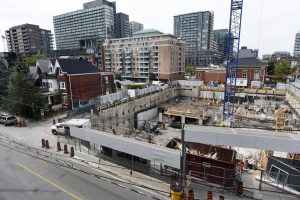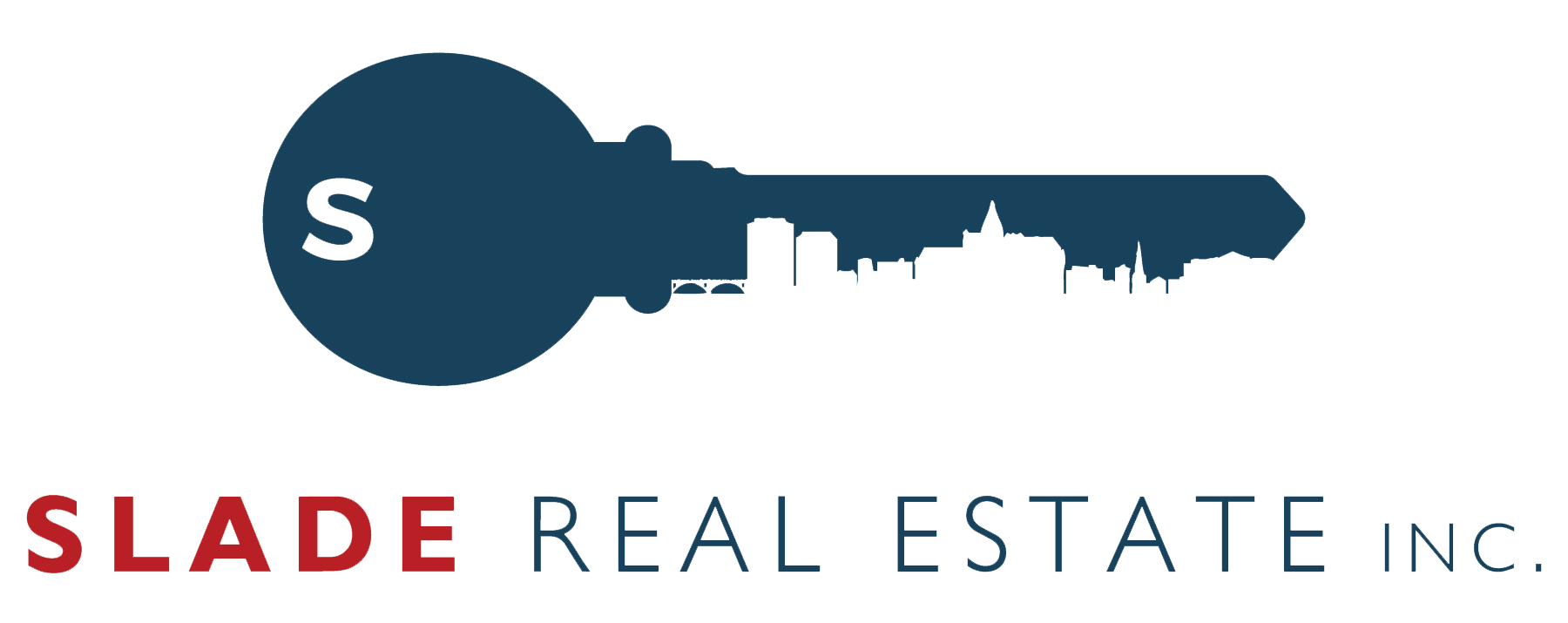Blog
Canadian Housing Starts Surge, Permits Edge Down
Canadian housing starts rose more sharply than expected in December and November building permits were also firmer than anticipated, separate reports showed on Tuesday, suggesting Canada’s long housing boom may not be over.

Canadian housing starts surged 10.6 per cent in the final month of the year, well past already rosy expectations, as builders broke ground on both single detached homes and multiple unit condos and apartments in urban areas, the Canada Mortgage and Housing Corp said.
The increase brought the pace of housing starts to a seasonally adjusted annual rate of 207,041 units in December from an upwardly revised 187,273 units in November. Economists polled by Reuters had forecast starts to rise at a pace of 195,000 units and have been repeatedly surprised by the resilience of the nation’s building boom.
A separate report from Statistics Canada showed the value of Canadian building permits edged down in November due to lower construction intentions in Alberta following a surge the month before, ahead of provincial building code changes.
The 0.1 per cent decrease was not as large as the decline of 5.0 per cent that economists had forecast. October was revised up to a gain of 10.5 per cent from the previously reported 8.7 per cent. Details of the report also suggested some strength remained for homebuilders.
“The increase in real residential building permits suggest residential construction has room to run over the coming months,” Krishen Rangasamy, senior economist at National Bank Financial, said in a research report.
“December’s gains were not enough to prevent housing starts from contracting slightly (in the fourth quarter) relative to the prior quarter. But residential construction may not necessarily subtract from Q4 GDP growth,” he added.
The unexpectedly strong housing data built on the positive surprise of strong jobs and export data reported last week, and added to expectations that Canada’s economy may be picking up momentum after years of tepid growth.
Still, home construction, sales and even price gains are expected to slow in 2017 as another round of tighter mortgage rules take effect and the 2016 tax on foreign buyers in Vancouver helps cool that once-boiling market.
Canadian policy makers have moved several times in recent years in a bid to cool the housing market and prevent home buyers from taking on too much debt. While most markets have moderated, Toronto, the nation’s largest, continues to see bidding wars and double-digit price gains.
Source: The Globe and Mail


